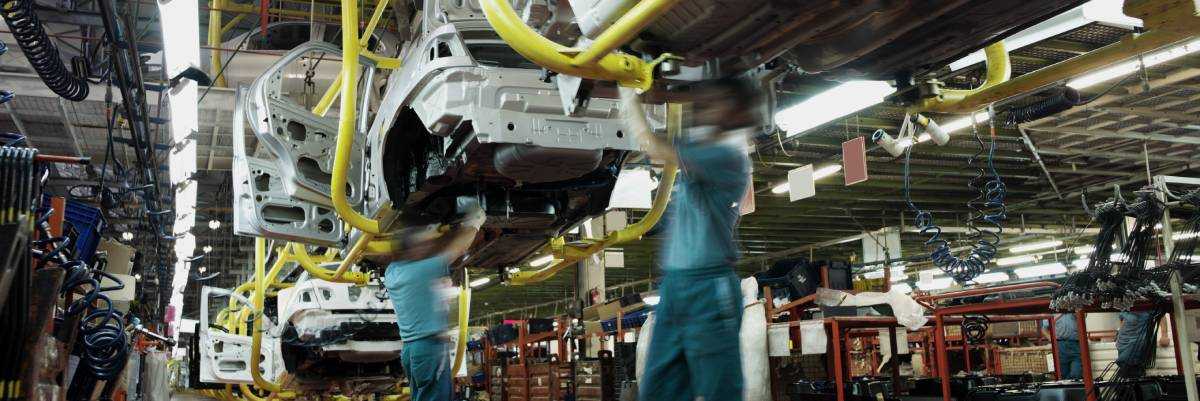Our work at plants that are struggling to deliver on the potential of digitization often focuses on helping clients maintain a clarity of purpose through better problem solving and decision making. To commit to the digital future that is here now requires IoT implementation that addresses the opportunities and challenges of a new way of working—while everything is in transition. Operations is expected to deliver new, highly anticipated value in a changing environment that faces new problems, a transitioning workforce and a constant supply of endless data streams.
IoT sensors that build new data streams are having a profound impact on plants in every industry. While the basic manufacturing equipment may stay the same, the human resources, processes, problems, data and expectations change, often dramatically. The Industry 4.0 momentum is growing each year, and almost every manufacturing organization has or will become part of a digitized world.
This dynamic environment demands a problem-solving culture that’s focused on solving the problems that impede the planned goals of the digitization efforts. For example, typical IoT applications may focus on real-time supply chain optimization, digital quality management, remote monitoring and control, predictive maintenance, or smart energy consumption. These applications provide data streams that demand new ways of working to realize their potential.
For problem solvers, the amount of data now available can be overwhelming. Suddenly you have a hundred different dimensions to look at and no clear way forward. Abundant data supports a deep dive into every aspect of a problem; but how deep do you actually need to go? It is effortless to gain access to information, but what is relevant and how much do you really need to keep your predictive maintenance on track or to optimize your supply chain? All this new information may open up deeper investigations and better corrective actions. New data may reveal new problems that went unrecognized in the past, escalating anticipated improvements—or it may just waste time and resources on unnecessary activity that adds little or no value.
In many organizations the problem solving and decision making needed to manage data-driven production systems will replace old job responsibilities. For example, the area manager who used to check machines, document performance and create reports is no longer needed to walk the floor: much of his work is done by machines. So what is his job now? While computers and AI will provide some enhanced problem solving, organizations recognize that humans, with knowledge and experience in manufacturing will continue to have a critical roles, most notably in problem solving.
Organizations can prepare now for the increasingly digital future by building analytical problem solving skills in their operations. For IoT implementation success, applications must achieve their objectives without overwhelming operations by the sheer volume of data. To realize the value of fewer defects or faster speeds, problem solvers need to focus on resolving the issues that are barriers to achieving these goals.
Being able to use the right tool and data for this job may require new training and new tools. While the Five Whys provides a basic tool for exploring a problem, the deep analysis of Shanin or other tools may take greater advantage of the abundant data now available. Increased complexity and more data may move problem solvers into detailed modeling and performance charts. But they shouldn’t take a deep dive unless they need to: it is critical that problem solvers develop expertise in choosing the right tool and data for the job. As organizations move into Industry 4.0, improving problem solving capabilities in manufacturing operations is a critical component of any IoT implementation plan. Identifying both what information is needed for effective problem solving and understanding what to do with specific pieces of information will be key as the implementation of advanced data gathering systems becomes the norm.
Christian Green is Global Leader for Operational Excellence at Kepner-Tregoe. He leads a global consulting team that supports manufacturing clients’ pursuit of Operational Excellence with a practical focus on driving results by improving key performance indicators.
For over 60 years, Kepner-Tregoe has empowered thousands of companies to solve millions of problems. Kepner-Tregoe services are designed to permanently address organizational challenges with measurable results that improve quality and performance while reducing overall costs.









